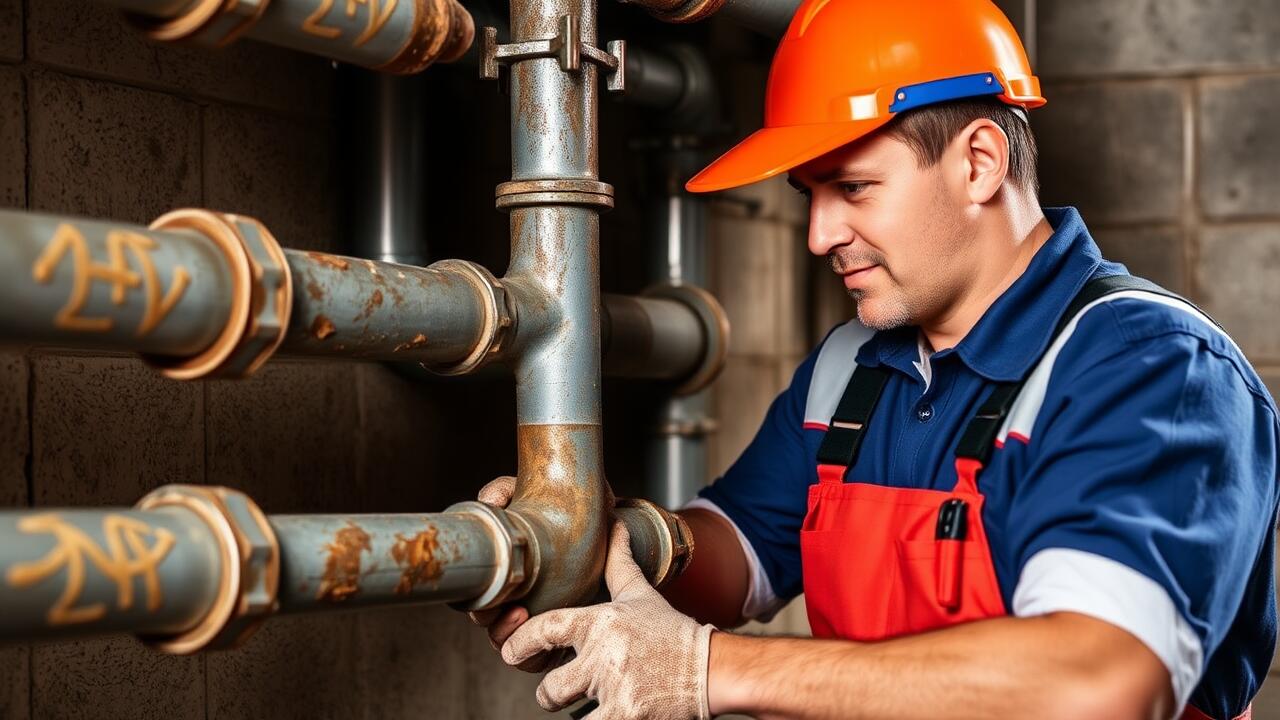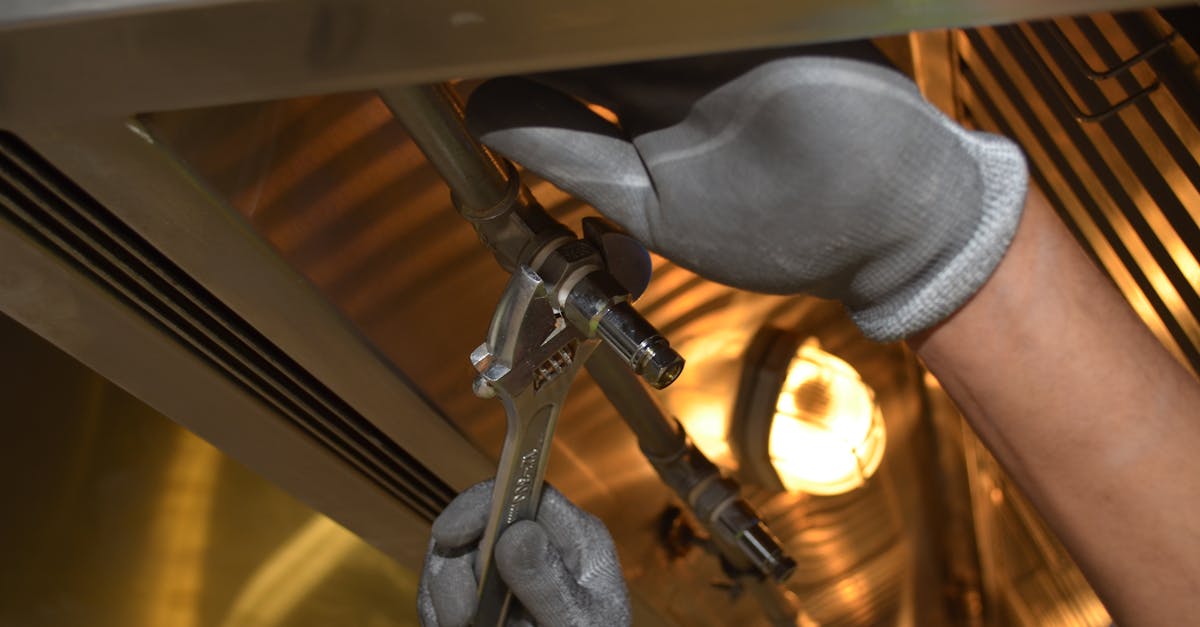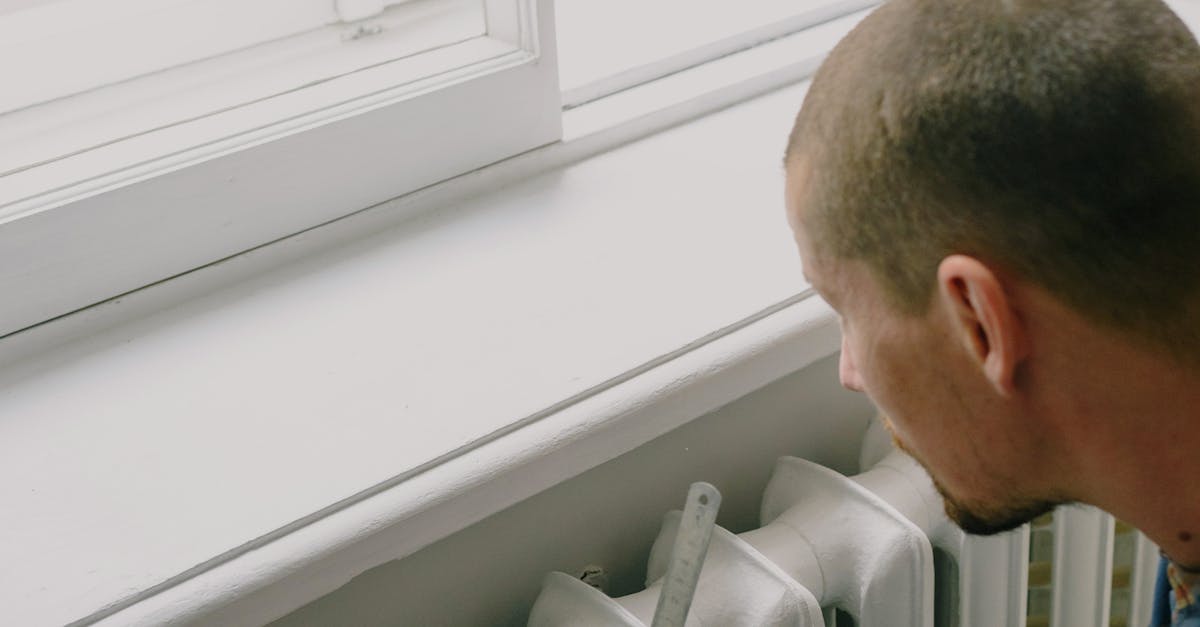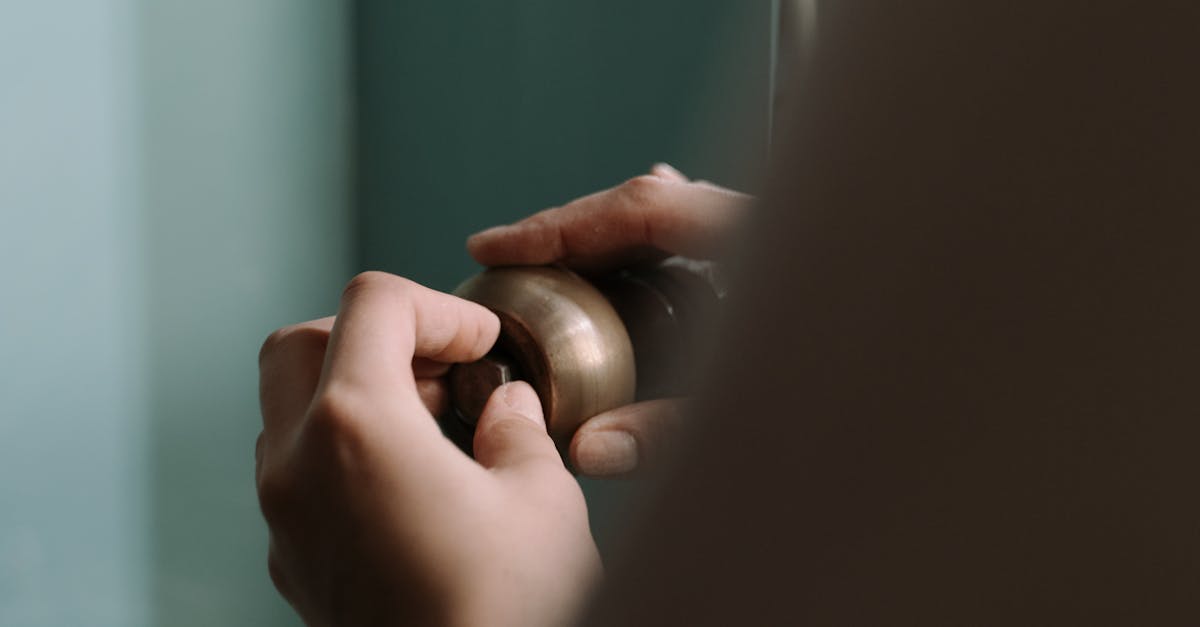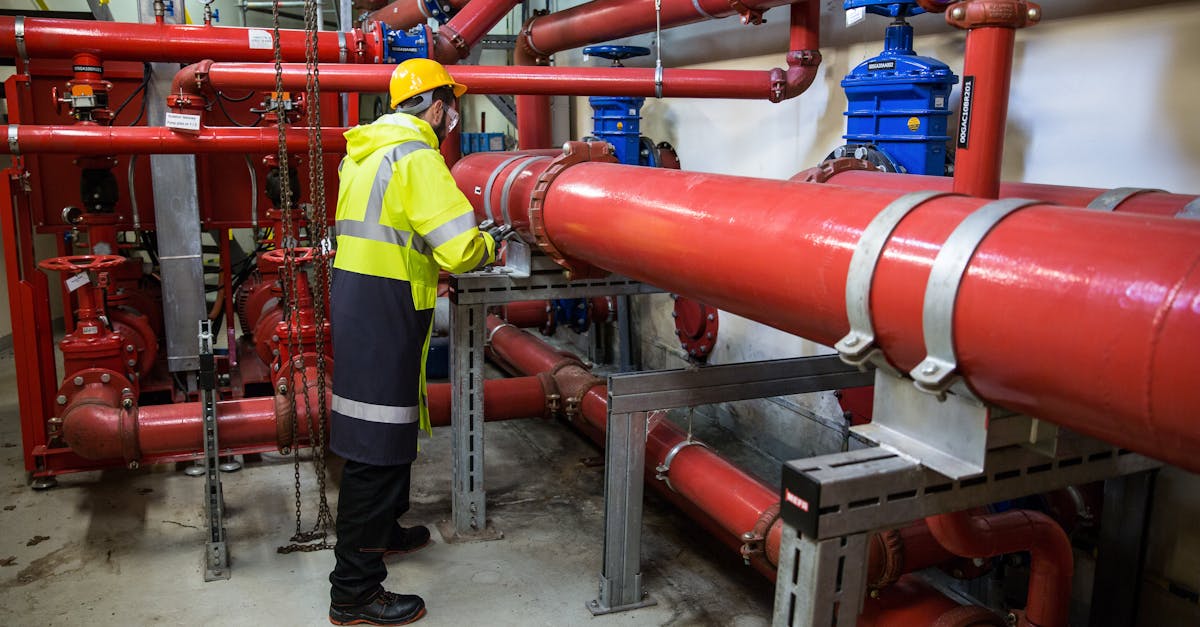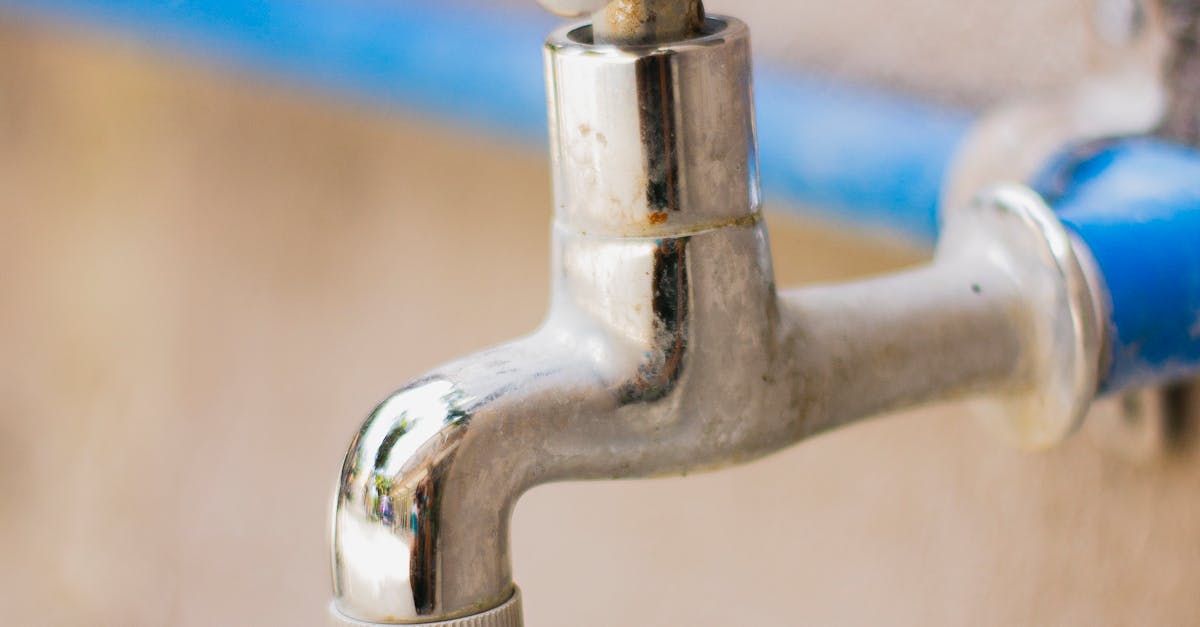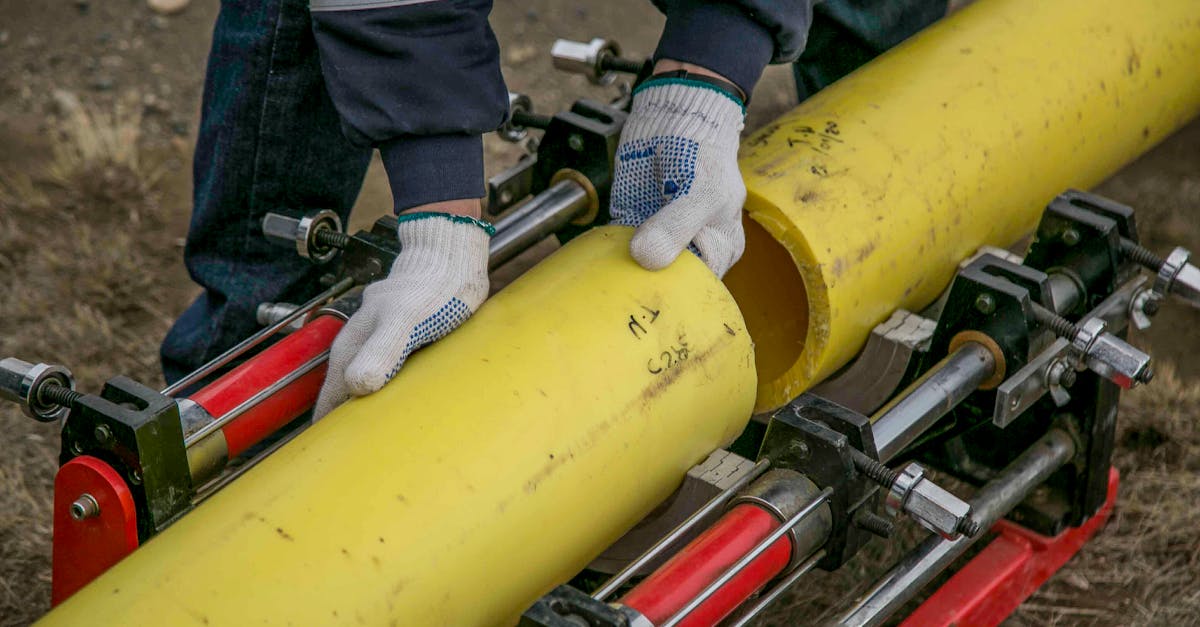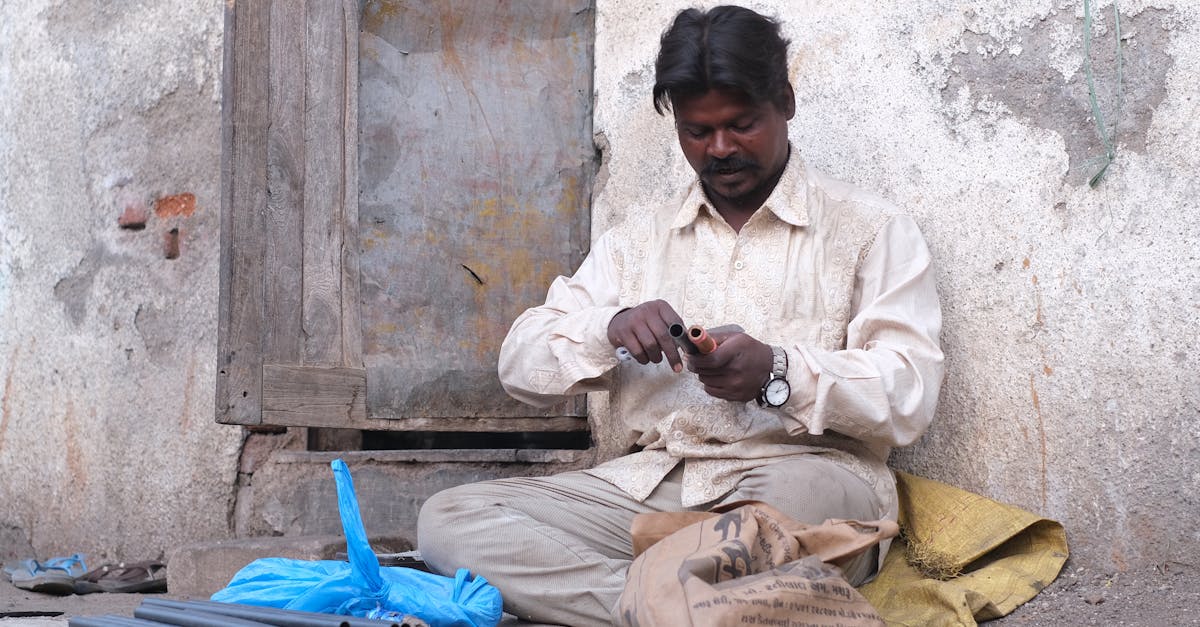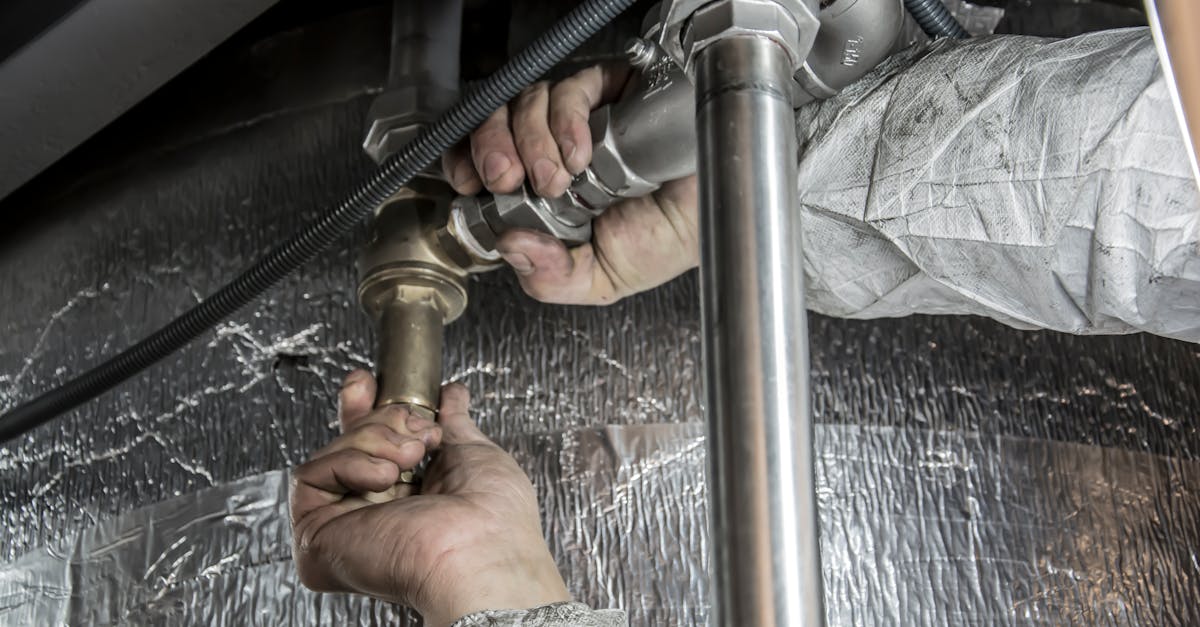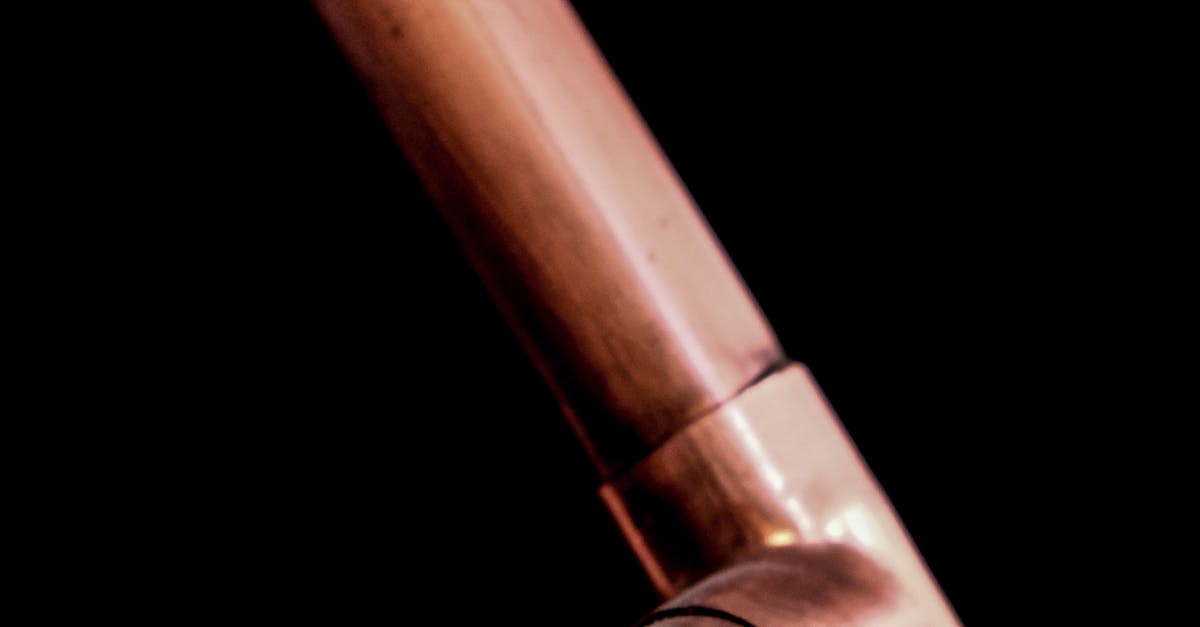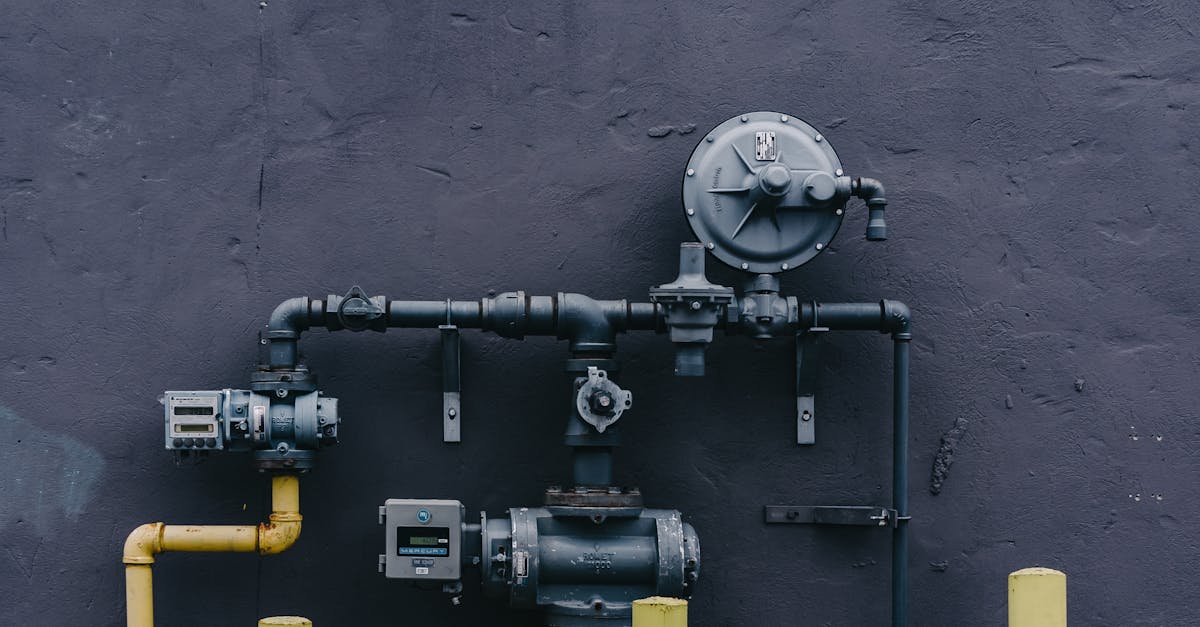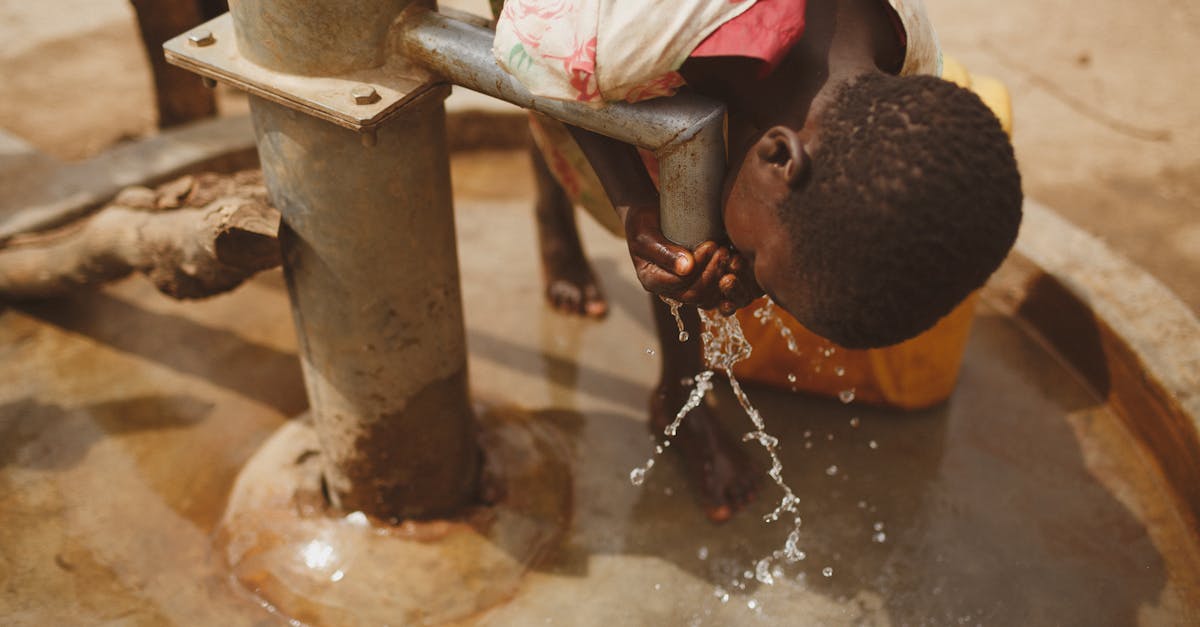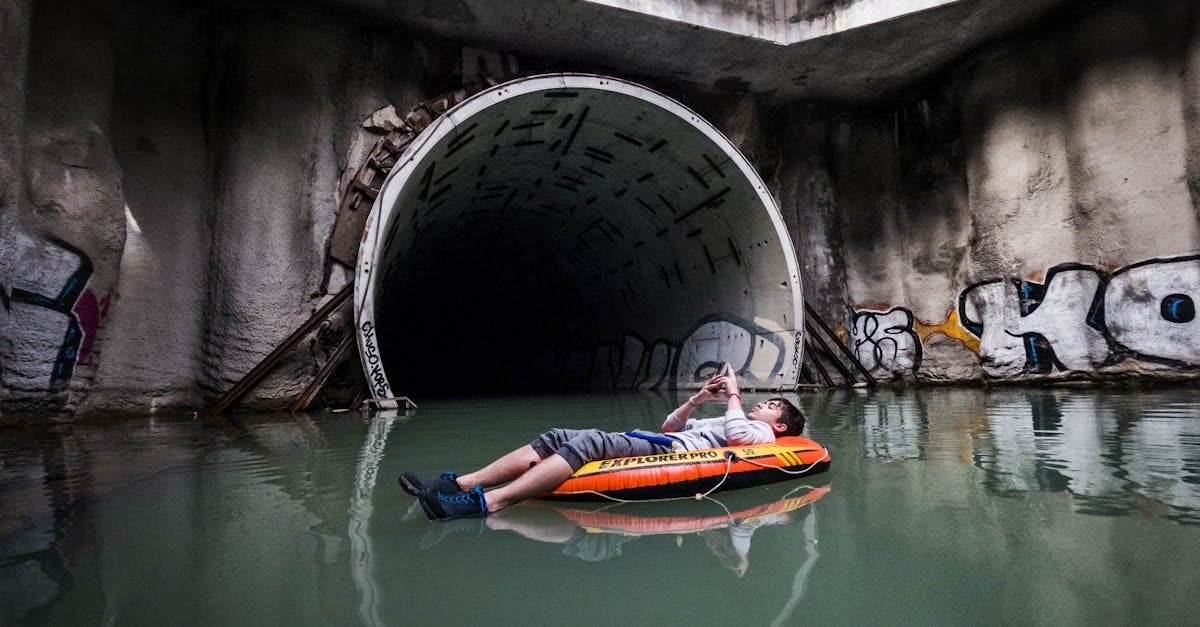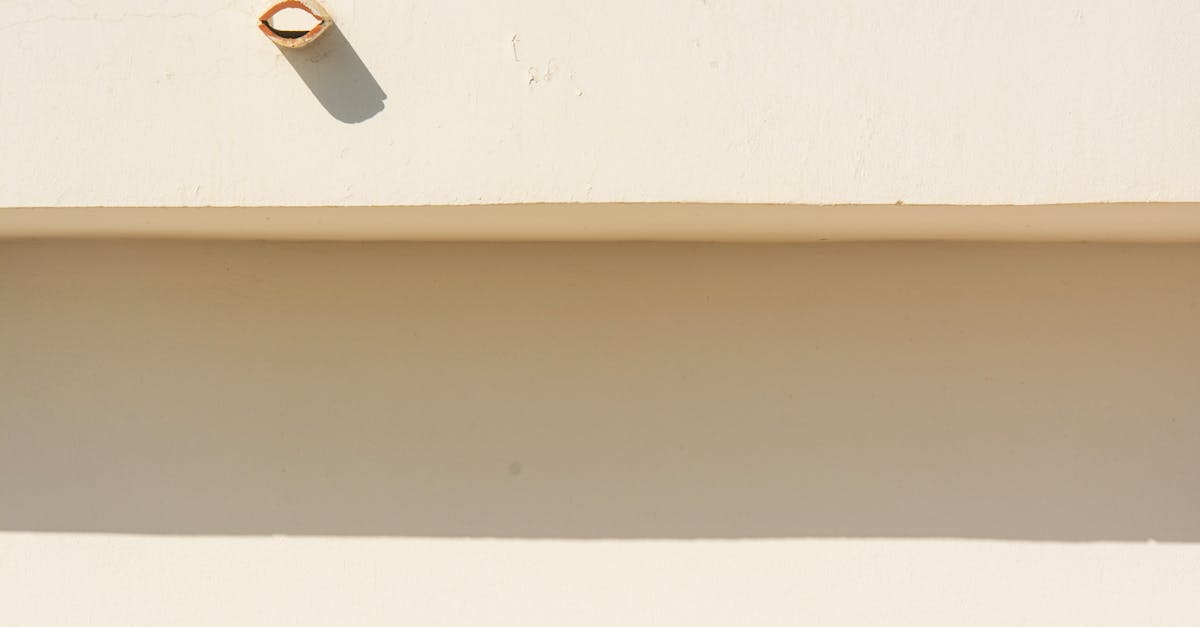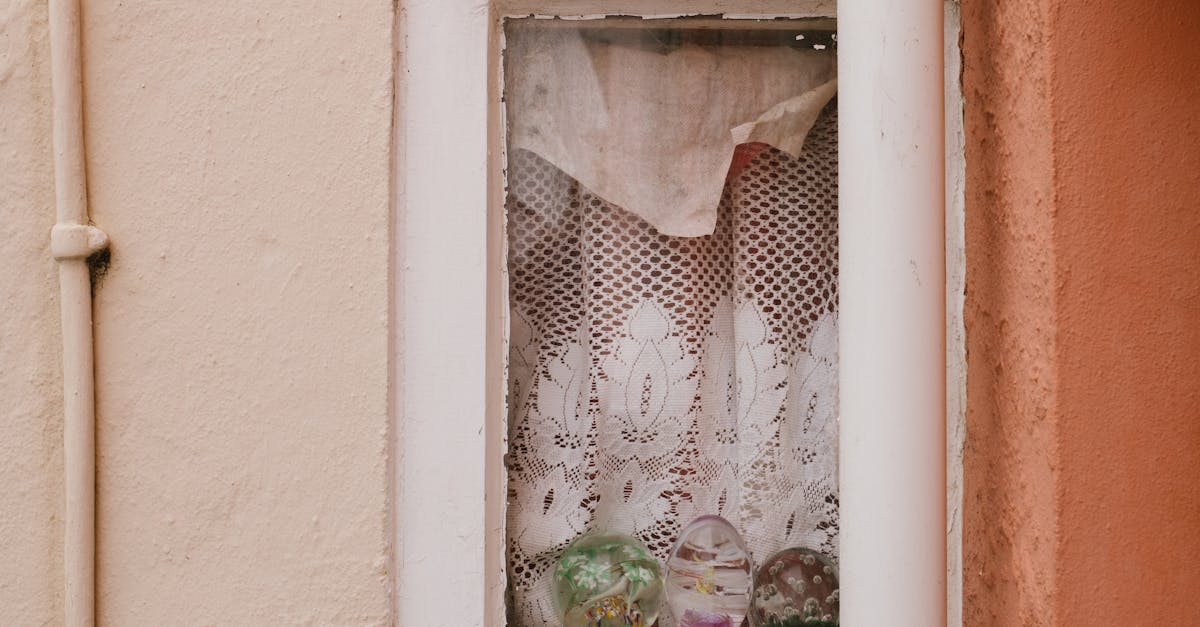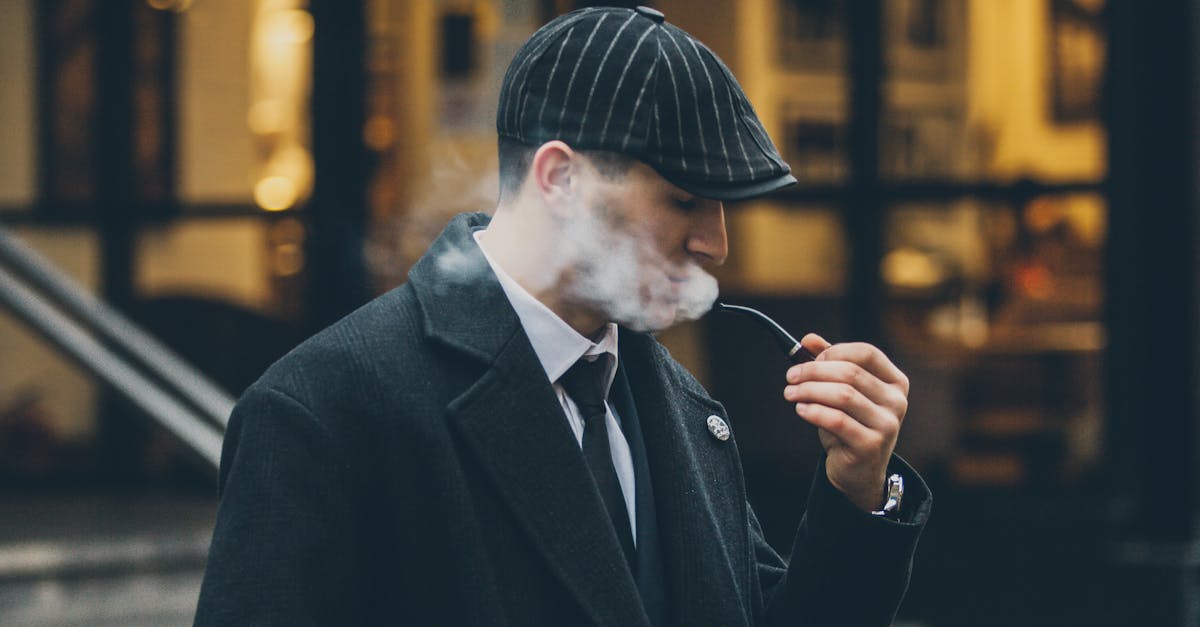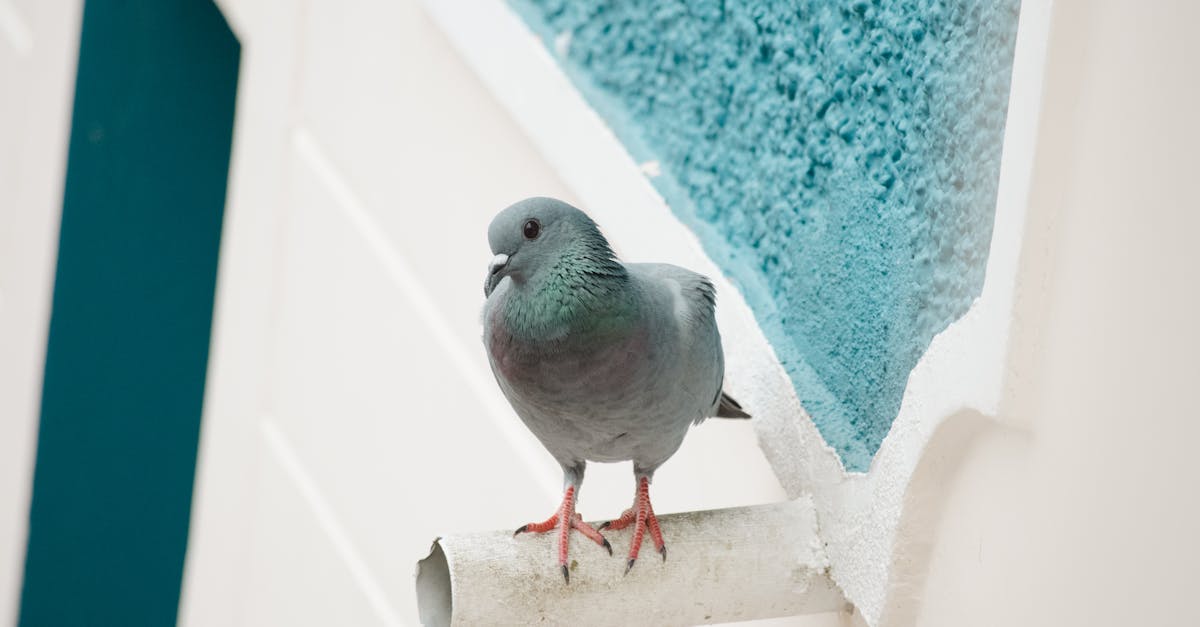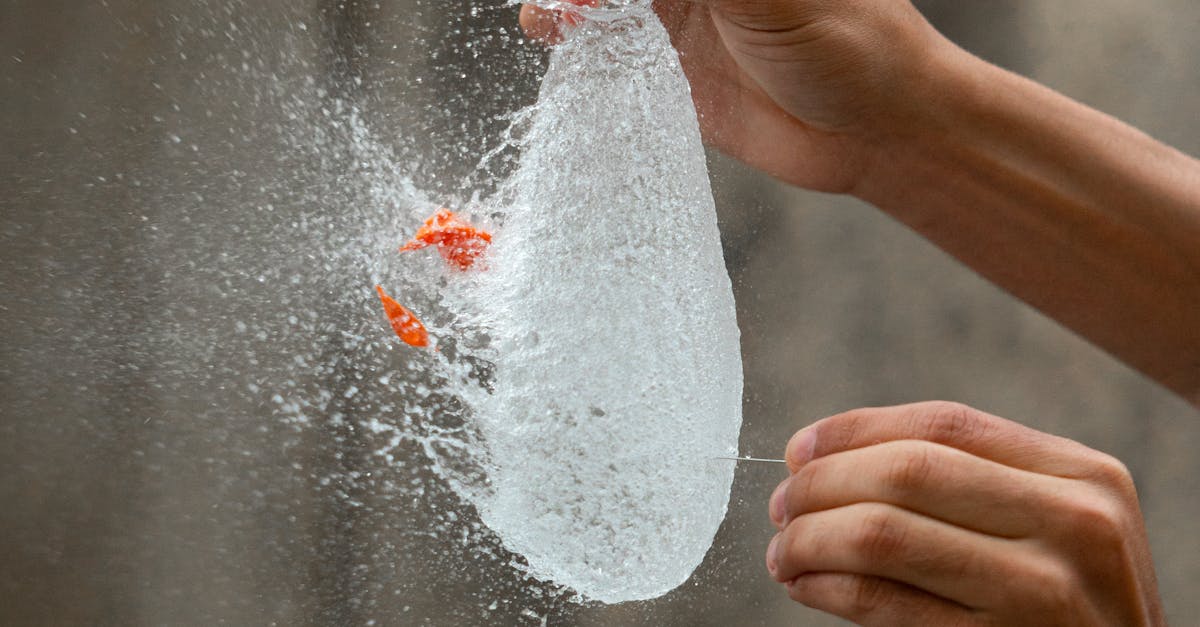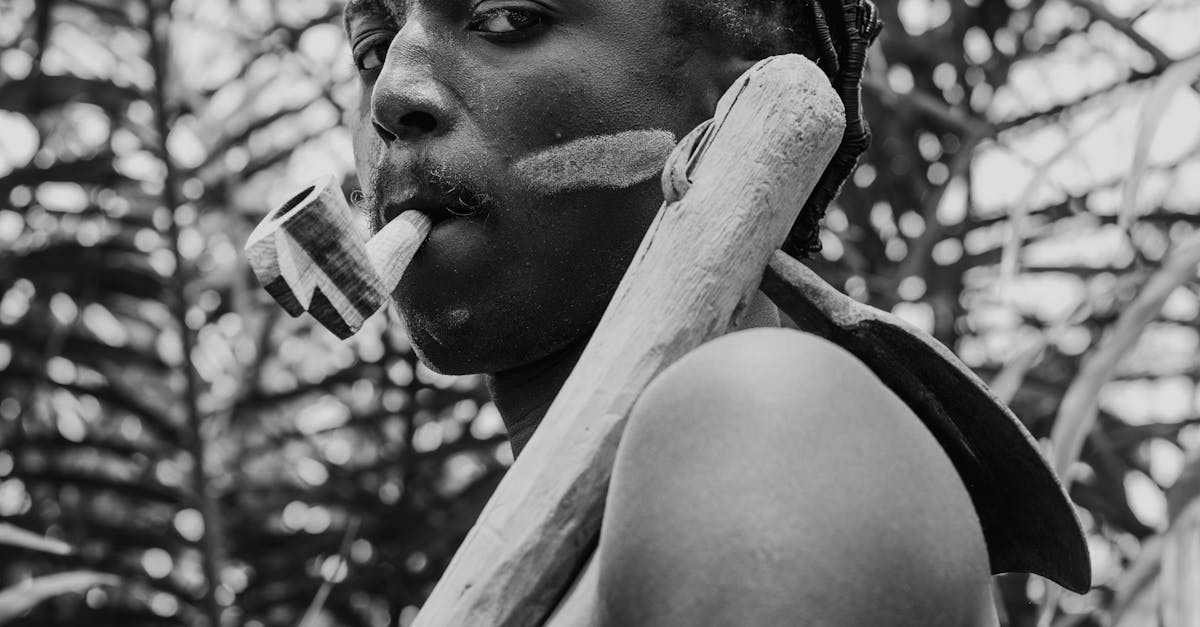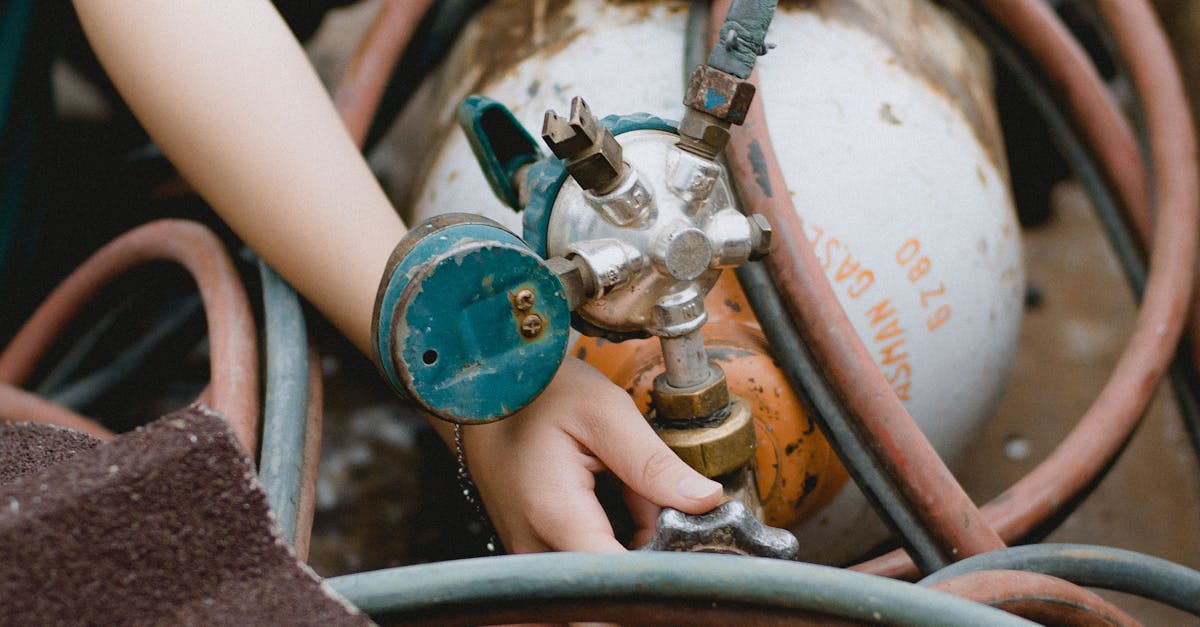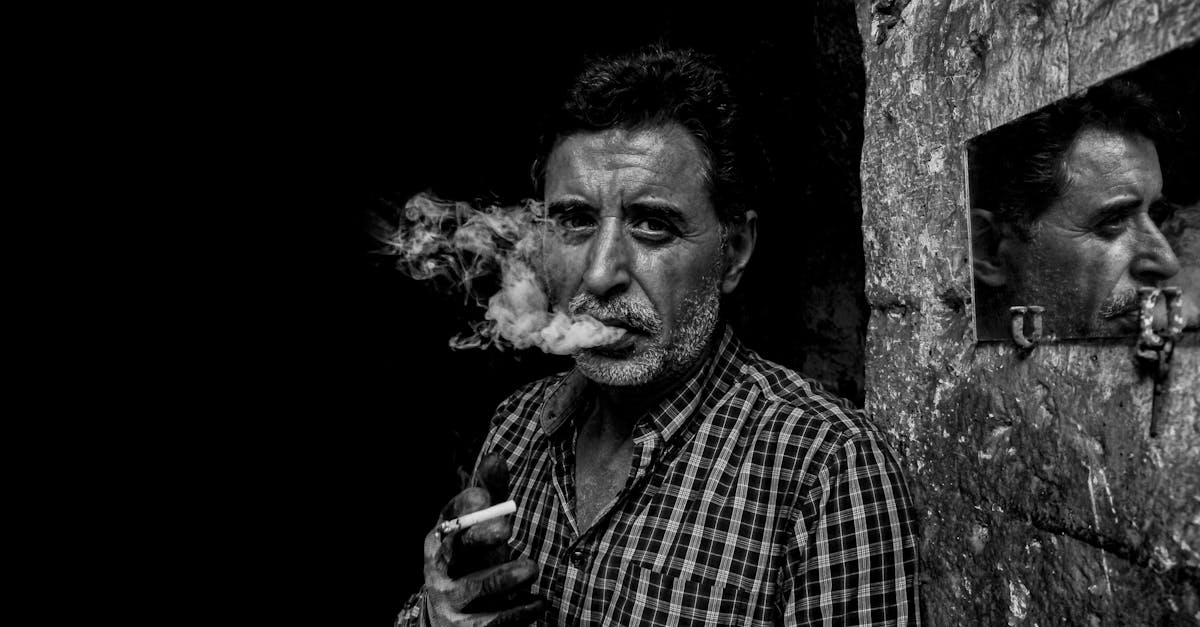
Table Of Contents
The Impact of High Water Pressure
High water pressure can be a silent but potent threat to the integrity of home plumbing systems. Excessive pressure can put undue stress on pipes, fittings, and valves, increasing the likelihood of leaks and failures. Over time, this strain can lead to fractures and ultimately result in a burst pipe. Homeowners often overlook pressure levels, assuming that higher pressure equals better flow, but this misconception can have dire consequences, prompting the need to call a burst pipe plumber for repairs.
Understanding the acceptable pressure levels for a plumbing system is crucial for maintaining home safety. Ideally, water pressure should be between 40 and 60 psi. If measurements exceed this range, it may be prudent to consult a burst pipe plumber to address potential risks before issues arise. Regular monitoring and adjustments not only protect the pipes but also save homeowners from costly repairs and water damage. Recognising the signs of high pressure early can prevent disastrous outcomes, preserving the longevity of plumbing infrastructure.
Understanding Pressure Levels and Pipe Integrity
Water pressure within your home is crucial for efficient plumbing systems, but excessive pressure can compromise pipe integrity. Each type of piping material has a specific threshold for pressure tolerance. For instance, older copper or PVC pipes may struggle under high pressure, leading to wear and eventual failure. Understanding these limits can aid in assessing the health of your plumbing and recognising signs of potential issues before they escalate.
Engaging a burst pipe plumber can provide valuable insights into your system's pressure levels. These professionals can conduct pressure tests and inspect your piping for vulnerabilities. They can also recommend necessary adjustments or upgrades to ensure your plumbing can handle water pressure effectively. Regular maintenance checks can go a long way in preventing costly emergencies and ensuring the longevity of your plumbing system.
Preventative Measures for Homeowners
Homeowners can take several preventative measures to reduce the risk of pipes bursting in their properties. Regular maintenance is key to ensuring that plumbing systems remain in good condition. This includes inspecting pipes for any signs of wear and tear, such as rust, corrosion, or leaks. Maintaining proper insulation, especially in areas likely to experience temperature fluctuations, can also help protect pipes from freezing and subsequently bursting. Engaging a burst pipe plumber for routine checks can identify potential issues before they escalate.
Managing water pressure is crucial in preventing pipe damage. High water pressure places excessive strain on plumbing systems, increasing the likelihood of failure. Homeowners should consider installing a pressure-reducing valve if their home has consistently high pressure readings. Regularly monitoring water pressure levels allows for early detection of problems. Consulting a burst pipe plumber can provide valuable insights into maintaining optimal pressure and securing the longevity of plumbing infrastructure.
Tips to Reduce the Risk of Burst Pipes
Regular maintenance of your plumbing system can greatly reduce the risk of burst pipes. Inspecting pipes for signs of wear or damage is essential, as even small leaks can indicate underlying issues. Homeowners should pay attention to unusual sounds or changes in water pressure, as these can be early warning signs. A burst pipe plumber can provide a thorough inspection and identify potential weaknesses before they lead to more significant problems.
In colder months, protecting pipes from freezing temperatures is crucial. Insulating exposed pipes, especially in unheated areas like basements and attics, can prevent them from freezing and subsequently bursting. Keeping a steady trickle of water flowing through taps on particularly cold nights can also help. Regularly consulting with a burst pipe plumber for advice on seasonal maintenance may further safeguard your home against costly pipe failures.
Immediate Actions During a Burst Pipe Incident
When you discover a leak due to a burst pipe, it's essential to act quickly to minimise damage. Start by turning off the main water supply to prevent further flooding. This immediate action can save your home from extensive water damage. Once the water is shut off, it is advisable to turn off the electricity in affected areas, especially if water is pooling around electrical outlets or appliances. Safety comes first, and eliminating potential hazards is crucial.
After ensuring safety, contact a burst pipe plumber to assess the situation and carry out necessary repairs. Document the damage for insurance purposes while waiting for the plumber to arrive. Take photographs of the affected areas, as this information will be helpful in any claims you may need to file. During this time, gather towels or buckets to catch any remaining leaks and reduce water accumulation in your home.
What to Do When You Discover a Leak
Discovering a leak in your home can be alarming, and immediate action is crucial to prevent further damage. First, locate the source of the leak and turn off the water supply to that area if possible. Assess the situation and gather materials like towels or buckets to contain any water that may continue to flow. If you're unsure about the extent of the damage or are unable to stop the leak, contacting a burst pipe plumber should be your next step.
Once you've managed the leak, it’s advisable to document the issue. Take photos of the damaged area and any visible water damage. This will be useful for any insurance claims or repairs that need to be addressed later. A burst pipe plumber can not only fix the immediate problem but can also offer insights into preventing future leaks and ensuring your plumbing system is functioning properly.
FAQS
What are the main causes of pipes bursting?
Pipes can burst due to several factors, including high water pressure, temperature fluctuations, corrosion, and physical damage from external sources.
How can I tell if my water pressure is too high?
You can check your water pressure using a pressure gauge attached to a hose bib or by contacting a plumber. A safe water pressure level is typically between 40-60 psi.
What should I do if I suspect a leak in my pipes?
If you suspect a leak, it’s important to act quickly. Shut off the water supply to prevent water damage, and then call a licensed plumber to assess the situation.
Are there any preventative measures I can take to avoid burst pipes?
Yes, you can prevent burst pipes by regularly checking your plumbing system, insulating pipes during winter, maintaining a steady temperature in your home, and monitoring water pressure.
How can I minimise the risk of burst pipes in colder climates?
To minimise the risk in colder climates, ensure your pipes are properly insulated, keep the thermostat consistent, and allow a trickle of water to flow through faucets during extreme cold to prevent freezing.
